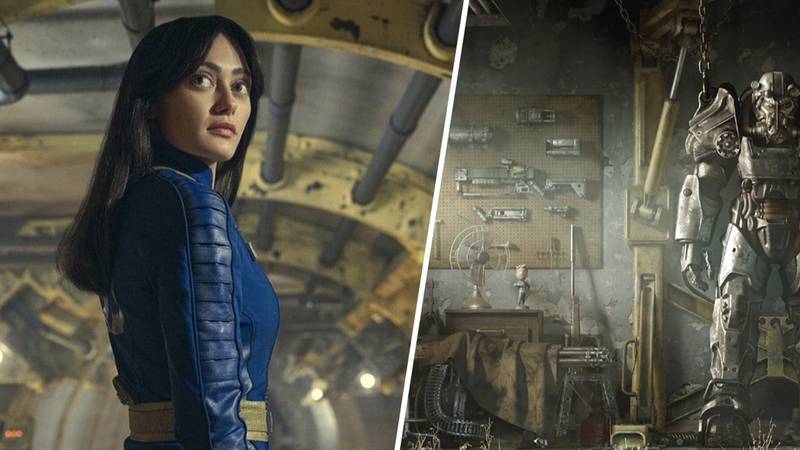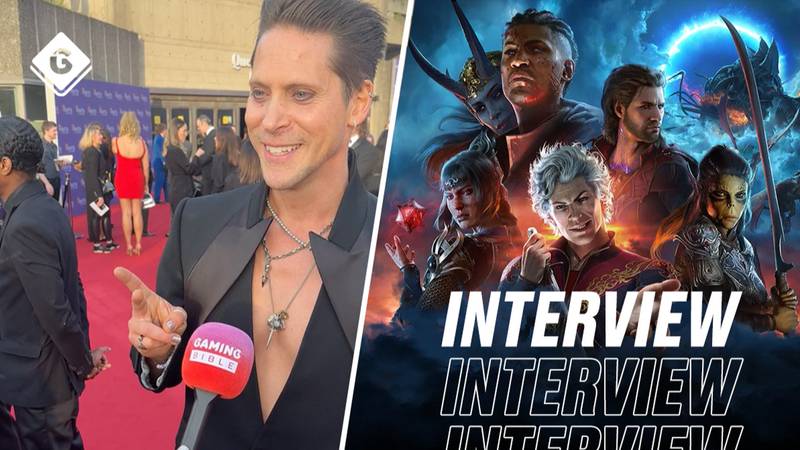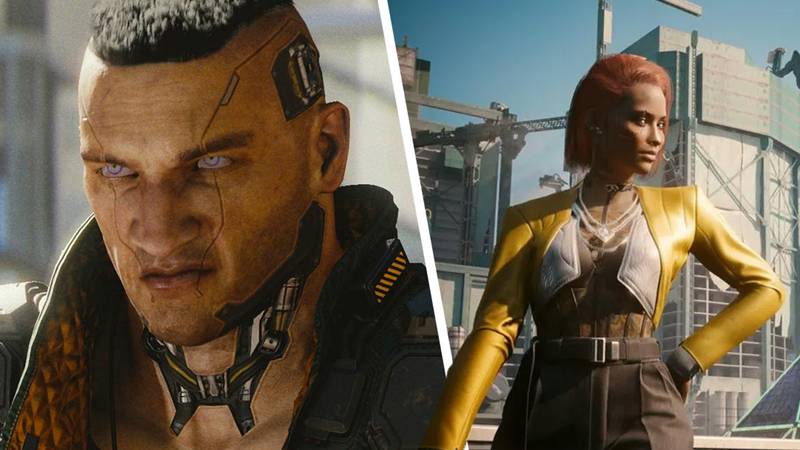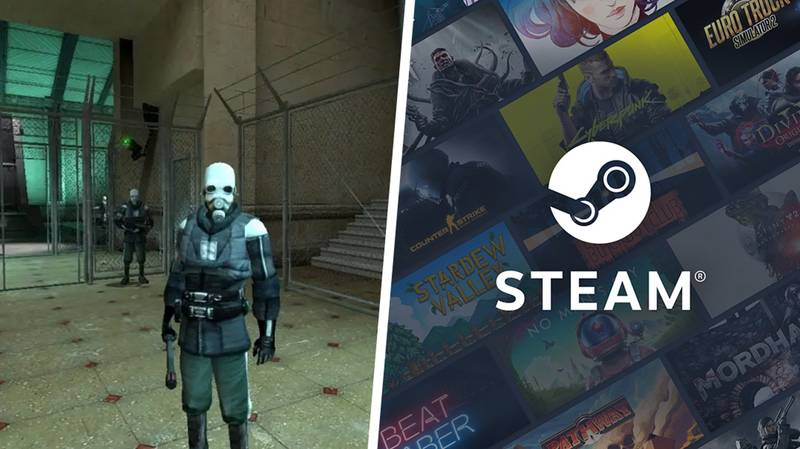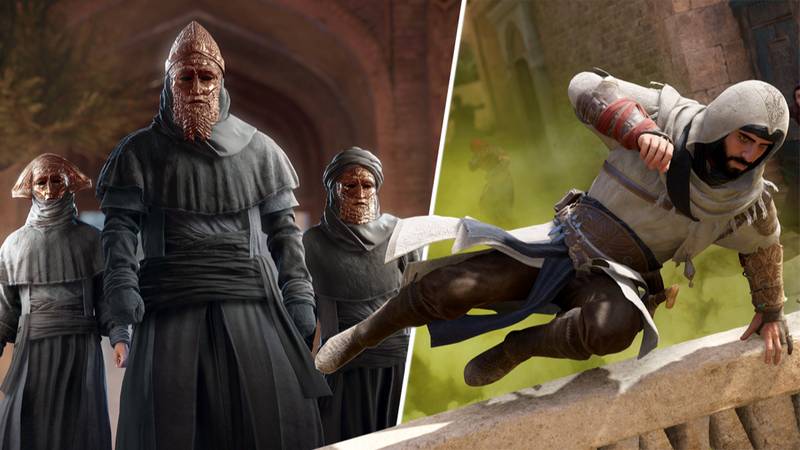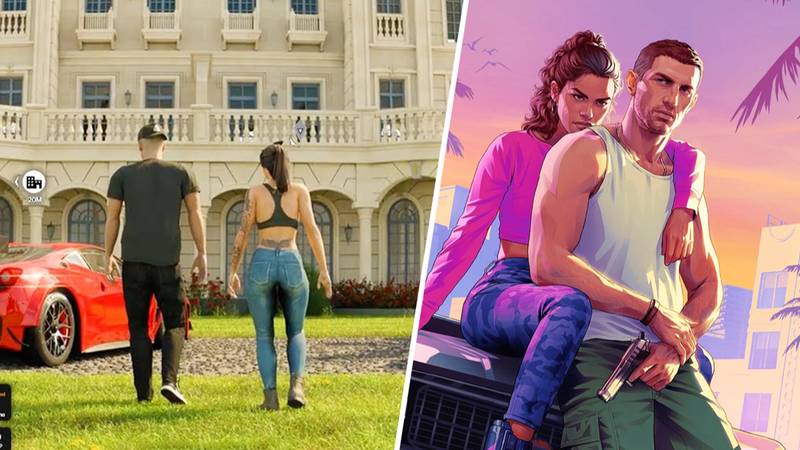Tech Isn't The Only Thing Stopping Sony Emulating The PlayStation 3
Published
| Last updated
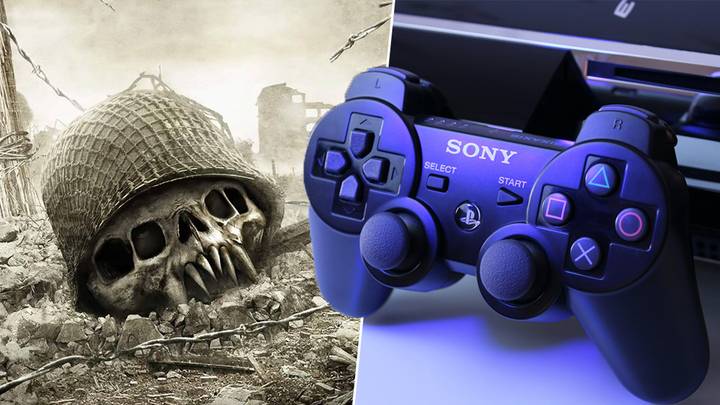
Featured Image Credit: SIE, Insomniac Games, Nikita Kostrykin via Unsplash
Sony has set target dates for the launch of its major update to PS Plus, which will split the existing online service into three tiers. Of particular interest has been the most expensive premium tier, which is set to offer a range of games from the PlayStation 1 through to the PlayStation 3.
Given Sony’s ongoing struggles with the hardware of the PS3, the idea that PS3 games will once again be offered exclusively through cloud-streaming has been the focus of many. However, another issue few have considered, is also likely to be holding Sony back from releasing a much wider back catalogue on the PS5 and PS4.
In November last year, Konami delisted Metal Gear Solid 2 and 3 from online storefronts following issues with the rights to footage included in-game. It’s a reminder of how sticky the world of video game licenses can be. But if Konami can’t keep adequate track of rights to their own IPs, how difficult is it for Sony to track and maintain licenses for even a fraction of its extensive back catalogue?
Check out our review of the PlayStation 5 below.
Loading…
“This sort of thing is a proper rights quagmire,” Christopher Mitchell, Head of the School of Creative Technologies at the Vancouver Film School, told me. “And I suspect the biggest reason most remasters don’t happen. It’s not just IP rights themselves but things like music agreements and specific hardware agreements.” Having worked on both Star Wars: Force Unleashed and Simpsons: Hit and Run, Chris knows a thing or two about licensing.
I reached out to Sony to confirm just how difficult preserving licenses is and how much it contributes to difficulties bringing older titles to the PS5, but received no response.
This isn’t surprising. It’s highly unlikely that a company like Sony will admit they cannot retrieve their own games. Especially when we consider that somebody already has.
In 2021, Microsoft announced that a bundle of 70+ backwards compatible games added to Game Pass would be the service’s last. They claimed they had, “reached the limit of our ability to bring new games to the catalogue from the past due to licensing, legal and technical constraints.”
It curiously came in the same week that Xbox Lead, Phil Spencer, told Axios he wants the industry to engage with preservation more by exploring “legal emulation that allow[s] modern hardware to run any (within reason) older executable allowing someone to play any game.”
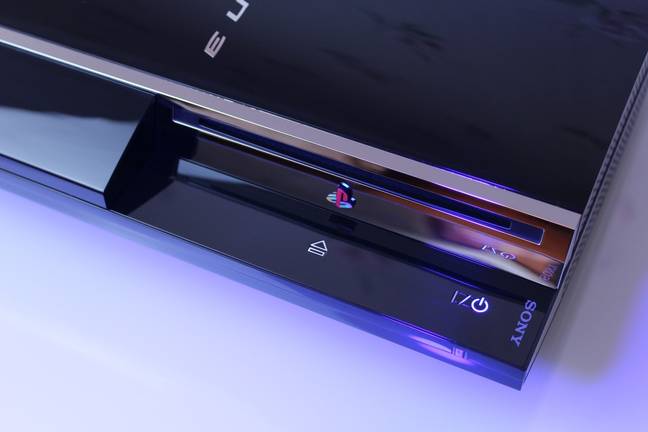
But how do companies like Sony and Microsoft balance preservation with the prohibitive cost of maintaining extensive catalogues of games? Especially when so many of those games have no audience.
Take the Wii Virtual Console as an example. It had everything preservationists could want: an extensive list of natively-emulated games from the past. But interest steadily waned as the lifecycle of the Wii and then Wii U progressed. It may have provided important access to previously unavailable titles, but it turned out not enough people wanted to pay £3.49 to play Bio Miracle Bokutte Upa to make it worth it.
Licensing games without an audience (and thus without a return on investment) doesn’t make a lot of sense. Even if it did, it doesn’t mean every game released for a system is retrievable. “In some cases,” Justin Roland, Xbox Director of Program Management, told Inverse, “the developer or publisher doesn’t exist anymore. Even tracking down who we need approvals from can be very, very difficult.”
Even when the stars do align, things still don’t work out. When Sony released the PlayStation Classic in 2018, the mini-console launched without some of the PS1’s most iconic titles. Notably, PlayStation mascots Crash Bandicoot and Spyro the Dragon were nowhere to be seen, despite their huge existing audience. The rights to both have belonged to Activision since 2008 (and, somewhat ironically, now fall under Microsoft’s purview). With Spyro Reignited Trilogy releasing a few weeks earlier, the publisher likely didn’t want the distraction of the original game floating around elsewhere.
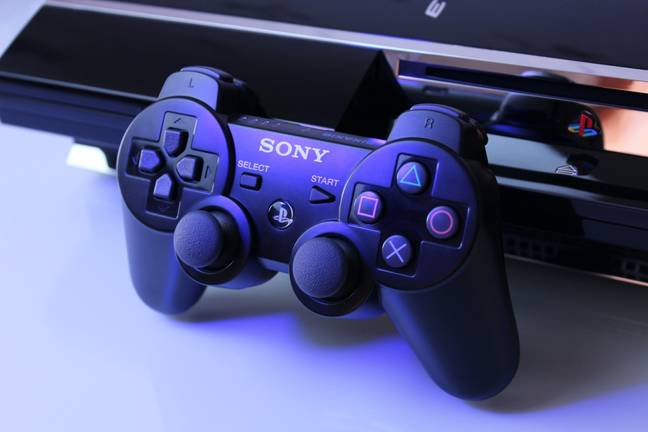
As much as we want them to, it’s not feasible for Sony to make all of its titles accessible. Rather, it makes more financial sense to remaster popular licensed games – like PlayStation Exclusives – and leave the thousands of other titles to enthusiasts who aren’t driven by profit.
“In the future, we want to be able to look back on a lot of media creation and learn from it,” sadikyo, co-admin of the Video Game Preservation Collective, told me. “But I do recognise that there may be a cost component to that, from gaming companies, such that it may not be ‘worth’ it to them.”
Indeed, in 2017, Sony CEO Jim Ryan told Time that backwards compatibility is a much-requested feature that is “not actually used much.” He expanded on this in 2021 when explaining Sony’s focus on PS4 backwards compatibility on the PS5. Telling Axios, “What is important to recognise is that time, engineering resource, and money are all finite, and that important trade-offs have to be made in terms of what’s included and what’s not.”
But when those compromises are made, what gets left behind? PS Plus will reportedly launch with 700+ games. But that’s out of 18,000 thus far released on the PS1 through to the PS4.
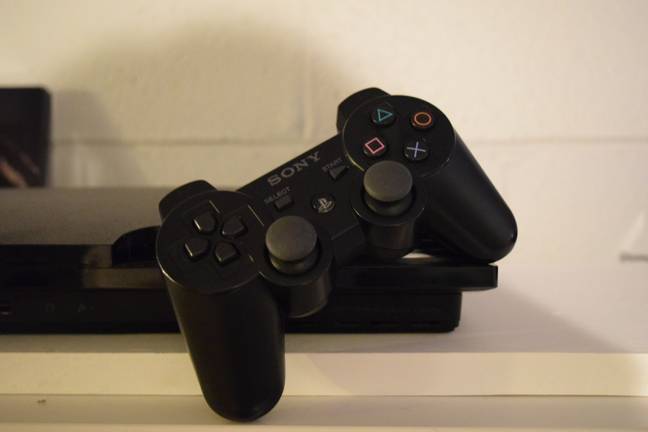
“It can be ‘game over’ for many games,” sadikyo says. “It’s basically up to trust in the larger companies that they will maintain and preserve many of those games. [We] try to remain hopeful that the games will be available at some point in the future.”
Now Sony has founded its own preservation department, perhaps there is hope they will. But as storefronts close, access to wider back catalogues disappears – often faster than preservation efforts can catch up. But re-issuing games, even to store for posterity, isn’t as simple as flashing old agreements. Most licenses specify which platforms games can be published on, and that’s before working out deals for music, movie licenses, and even branded assets. Even if Sony develops solutions to the technological hurdles it’s facing emulating older consoles (especially the PS3), we may not see as many games enter PS Plus as we hope.
Indeed, the new tiers of PS Plus will probably bear a striking resemblance to what is already available on PS Plus and PS Now. But with rights so sticky and preservation efforts so disparate, the chance of seeing a significant increase in older games available on PS Plus is vanishingly small. And, at least for the PS3, streaming is probably here to stay.
Topics: PlayStation, Playstation Plus






